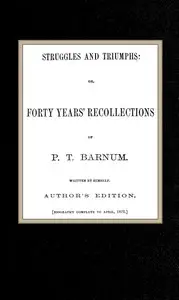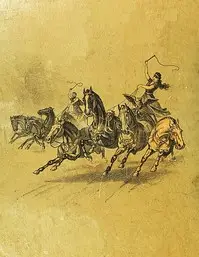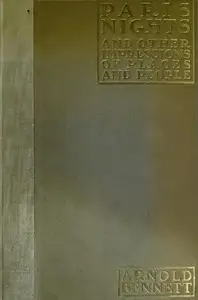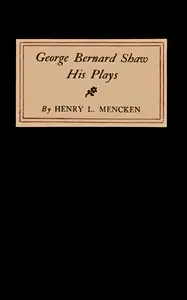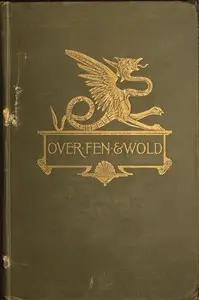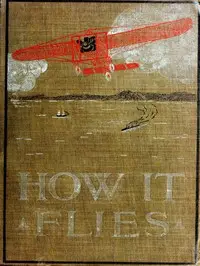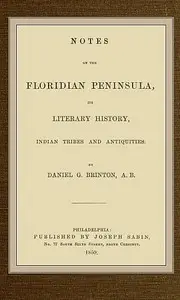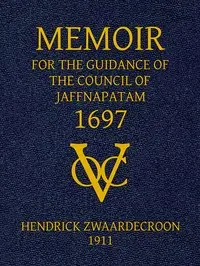"The Humbugs of the World" by P. T. Barnum is a collection of essays and anecdotes written in the mid-19th century. The book explores the many forms of deception, quackery, and humbug that have pervaded society throughout history, touching on various subjects from politics and religion to commerce and medicine. Barnum, a celebrated showman and entertainer, aims to expose these deceptions while also reflecting on the nature of belief and gullibility among the general population. The opening of the work sets the stage for Barnum's exploration of humbugs by defining the term and highlighting its prevalence across various fields of human endeavor. He starts by emphasizing that humbug is not limited to outright fraud but includes any form of deceit that misleads the public. He laments the myriad ways people deceive themselves and one another in pursuit of personal gain or public approval. Through a series of reflections, anecdotes, and personal experiences, Barnum establishes the broad scope of humbuggery and hints at the intriguing examples to be discussed in the chapters that follow. The introduction engages readers by promising a humorous yet insightful examination of human nature and the quirks found within society's fabric. (This is an automatically generated summary.)

The Humbugs of the World An Account of Humbugs, Delusions, Impositions, Quackeries, Deceits and Deceivers Generally, in All Ages
By P. T. (Phineas Taylor) Barnum
"The Humbugs of the World" by P. T. Barnum is a collection of essays and anecdotes written in the mid-19th century. The book explores the many forms o...
Phineas Taylor Barnum was an American showman, businessman, and politician remembered for promoting celebrated hoaxes and founding with James Anthony Bailey the Ringling Bros. and Barnum & Bailey Circus. He was also an author, publisher, and philanthropist, although he said of himself: "I am a showman by profession ... and all the gilding shall make nothing else of me." According to Barnum's critics, his personal aim was "to put money in his own coffers". The adage "there's a sucker born every minute" has frequently been attributed to him, although no evidence exists that he had coined the phrase.

